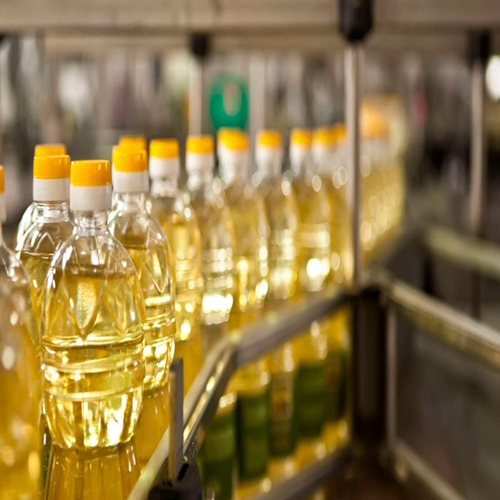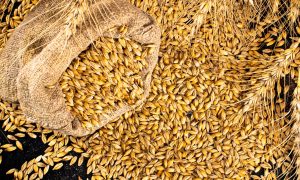Price of edible oil could rise further in 2024

The unavailability of high-quality sunflower seeds, high cost of palm oil imports and global geopolitical dynamics could see the prices of edible oils rise further in the region this year.
In 2023, edible oil prices remained high, continuing the trend from a significant increase experienced in 2022 across the region.
Billow Kerrow, former Mandera senator and a dealer in edible oil, blames the strengthening of the dollar against regional currencies, the war in Ukraine and the Israel war in Gaza for supply disruptions that will affect the price of palm oil.
“Shipping freight is a major constraint and already the cost is going up. Most manufacturers are worried that the cost of production will go up. There is therefore no respite this year,” Mr Kerrow said.
The rise in demand for clean edible oil products extends profitable opportunities to the market players to 2029. But with local challenges, among them the availability of quality sunflower seeds in Tanzania, prices are forecast to go up.
Abdulghani Mohamed Al-Wegih, chairman of edible oil sub-sector at the Kenya Association of Manufacturers, notes that growing palm trees, as proposed by Kenya, is a long-term solution.
Palm tree route
“You need a long-term plan to plant palm trees in Kenya as you require scientific assistance and technology from Indonesia and other palm-producing countries,” he told The EastAfrican. “It can take 10 years for the palm tree to reach its producing stage.”
Palm oil crop remains the most effective crop globally in terms of oil production per unit crop area. one hectare of oil palm crop produces 10 times higher oil than any other oilseeds.
In Tanzania, sunflower farmers suffered a delay in the procurement of seeds in the planting season, signalling a fall in supplies this year.
Tanzania is the 16th largest sunflower-producing country in the world and is, after South Africa, the most important producer in Africa. Sunflower accounts for 35 percent of all oil-seed production in Tanzania.
Kenya produces only 34 percent of its edible oils and fats. As such, the country remains a net importer of vegetable oils, sourcing over 90 percent of its vegetable oils from abroad, for Ksh100 billion ($633.4 million), even though the country has the capacity to produce these oils.
According to the Presidential Economic Transformation Secretariat, edible oils account for over Ksh160 billion ($1.07 billion) of the import bill, with duty-free imports meant to cushion consumers from high prices. Kenya imports palm oil largely from Malaysia.















